The multifactorial nature of obesity is the crucial missing link. There is no one single cause of obesity. Do calories cause obesity? Yes, partially. Do carbohydrates cause obesity? Yes, partially. Does fiber protect us from obesity? Yes, partially. Does insulin resistance cause obesity? Yes, partially. Does sugar cause obesity? Yes, partially. All these factors converge on several hormonal pathways that lead to weight gain. Insulin is the most important of these hormonal pathways. Low carbohydrate diets reduce insulin. Low calorie diets restrict all foods and therefore reduce insulin. Paleo diets (low in refined and processed foods) reduce insulin. Cabbage soup diets reduce insulin. Reduced food reward diets reduce insulin.

Virtually all diseases of the human body are multifactorial. Consider cardiovascular disease. Family history, age, gender, smoking, diabetes, high blood pressure, and lack of physical activity all influence, perhaps not equally, the development of heart disease. Cancer, stroke, Alzheimer’s disease and chronic renal failure are all multifactorial diseases. That smoking contributes to heart disease does not mean that high blood pressure does not. Both are correctly identified as important factors. Just because one is correct does not mean that the other is incorrect. It would thus be idiotic to compare a treatment strategy of stopping smoking against treating high blood pressure.
We should not expect obesity to be any different. Obesity is also a multi-factorial disease. What is required is a framework, a structure, a coherent theory to understand how all these factors fit together. Too often, our current model of obesity assumes that there is only one single true cause, and that all others are pretenders to the throne. There are endless debates about the true king. Too many calories cause obesity. No, too many carbohydrates. No, too much saturated fat. No, too much red meat. No, too much processed foods. No, too much high fat dairy. No, too much wheat. No, too much sugar. No, too much highly palatable foods. No, eating out. It goes on and on. They are all partially correct.
So the Low Calorie believers disparage the Low Carbohydrate people. The Low Carbohydrate movement ridicules the Vegans. The Vegans mock the Paleo supporters. The Paleo followers deride the Low Fat devotees. All diets work, because they all address a different aspect of the disease. But none of them work for very long, because none of them address the totality of the disease. Can’t we all just get along? Without this critical understanding of the multifactorial nature of obesity, we are doomed to this endless cycle of blame.
Similarly, most dietary trials are fatally flawed by this tunnel vision. The various trials comparing low carbohydrate to the low calorie diets have all asked the wrong question. These two diets are not mutually exclusive. What if both are true? Then there will be similar weight loss on both sides. Low carb diets lower insulin. Lowering insulin levels reduces obesity. However, all foods raise insulin to some degree. Since refined carbohydrates often make up 50% or more of the Standard American Diet, low calorie diets generally reduce carbohydrates as well. So low calorie diets, by restricting the total amount of foods, still work to lower insulin levels. Both will work.
That is exactly what Harvard professor Dr. Sacks confirmed in his randomized study of four different diets. Despite differences in carbohydrate, fat and protein content, weight loss was the same. Maximum weight loss occurred at six months, with gradual regain thereafter. A 2014 meta-analysis of dietary trials reached much the same conclusion. “Weight loss differences between individual diets were minimal”. Sure, sometimes one diet comes off as slightly better than another. The difference is often less than one kg and often fades by a year. Let’s face it. We’ve done Low Calories Low Fat. It didn’t work. We’ve done Atkins. It was not the effortless weight loss that was promised. While important lessons were learned, it was not the right answer. Carbohydrates are only a single factor in a multi-factorial disease. We’ve done high protein diets. We’ve done cabbage soup diets. We’ve done cookie diets. All these diets address only a single factor in a multi-factorial disease. Further, they completely ignore the question of “When to Eat” as well as the time dependent factors of obesity.
Sometimes these results are interpreted as the belief that everything can be eaten in moderation. This does not even begin to address the complexity of weight gain in the human subject. It is essentially a cop-out answer. It is a deliberate attempt to evade the hard work of searching for dietary truths. For example, should we eat broccoli in the same moderation as ice cream? Obviously not. Should we drink milk in the same moderation as sugar sweetened beverages? Obviously not. The long-recognized truth is that certain foods must be severely restricted. This would include sugar sweetened beverages and candy, for instance. Other foods do not need to be reduced in any way – kale or broccoli, for instance. Other foods, may be best taken in moderation – animal meat.
Others have erroneously concluded that ‘it is all about the calories’. Actually, it is nothing of the sort. Calories are only a single factor in the multifactorial disease that is obesity. It seems to be a default answer, but it has already been shown to be disastrously incorrect. After all, caloric reduction has proved itself a dismal failure over the last 50 years. Low calories diets have been tried again and again. It failed every single time.
There are other answers that are not really answers. These include, ‘There is no best diet’ or ‘Choose the diet that suits you’ or ‘The best diet is one you can follow”. If supposed experts in nutrition and disease don’t know the right diet, how are you supposed to? This is intellectual laziness at its very worst, revealing a stunning lack of imagination about the problem of obesity. Does this mean that following the Standard American Diet is the best diet for me, because it is the one I can follow? Does this mean I can eat a diet of sugared cereals and pizza? Obviously not. ‘Experts’ who are too mentally sluggish in the quest for truth reach for the facile and incorrect answer that ‘All diets are equal’. This pure intellectual laziness is unacceptable. We don’t need another ‘expert’ give us the lame-duck answer “All diets work. Do whatever you want”.
In cardiovascular disease, for example, this answer would never be considered satisfactory. If the lifestyle factors of stopping smoking and increased physical activity both reduce heart disease, then we would strive to do both. We would NOT say, “The best lifestyle for heart disease is the one you can follow”. Unfortunately, many so-called ‘experts’ in obesity profess this exact sentiment.

Imagine three men who all study trees. One man looking at the trunk proclaims that trees are large, rounded and rough. Another man looking at the branches declares that trees are small, rounded and smooth. The third man, studying only the leaves, said that trees are small, flat and green. All three are at once correct and incorrect; just as each factor in a multi-factorial disease is at once right and wrong. In cardiovascular disease, we can see the tree. In obesity we cannot. Calories, carbohydrates, processed foods, sugar, fast foods, fibre, vinegar, fat, protein, and meat are all important parts of the obesity tree.
Most diets attack a single part of the problem at a time. But why is it necessary to address one facet at a time? In cancer treatment, for example, multiple types of chemotherapy and radiation are combined together. The probability of success is much higher with a simultaneous attack. In cardiovascular disease, multiple drug treatments work together. We use drugs to treat high blood pressure, high cholesterol, diabetes, and smoking cessation – all at the same time. Treating high blood pressure does not mean ignoring cholesterol. In challenging infections such as HIV, a cocktail of different anti-viral medicines are combined together for maximum efficacy.
The same approach is necessary to address the multidimensional problem of obesity. Rather than targeting a single point in the obesity cascade, we need multiple targets and treatments. But the Low Carbohydrate proponents don’t want to hear about calories, meat, or insulin resistance. For them, it is all about carbohydrate restriction. But all foods, even low carbohydrate ones contribute to rising insulin levels. The Low Calorie devotees don’t want to hear about carbohydrates, sugars, meats, or dairy. For them, it is all about caloric restriction. You can eat ice cream for dinner if it has the same number of calories as a large salad. We don’t need to choose sides. Rather than compare a dietary strategy of low calorie versus low carbohydrate, why can’t we do both? There is no reason.
Continue to Reduce Added Sugars – How To Lose Weight IV
Start here with Calories I – How Do We Gain Weight?

By The Fasting Method
For many health reasons, losing weight is important. It can improve your blood sugars, blood pressure and metabolic health, lowering your risk of heart disease, stroke and cancer. But it’s not easy. That’s where we can help.



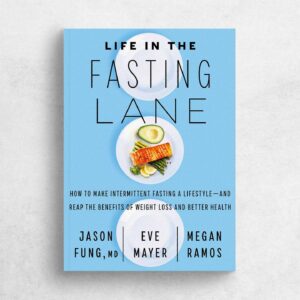

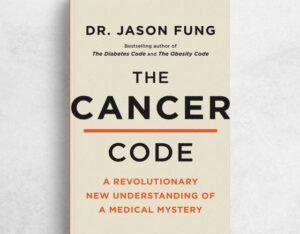
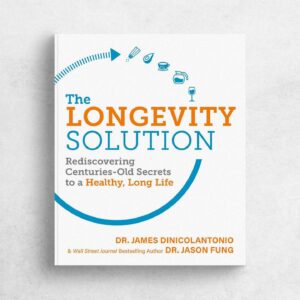
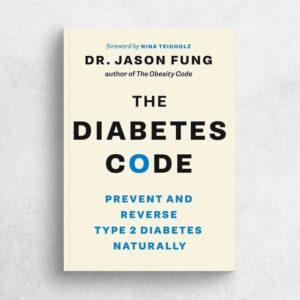
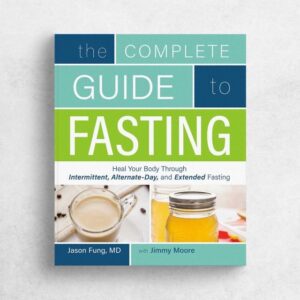
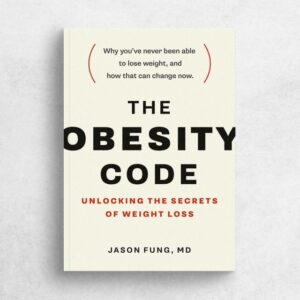
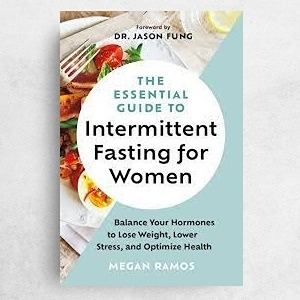
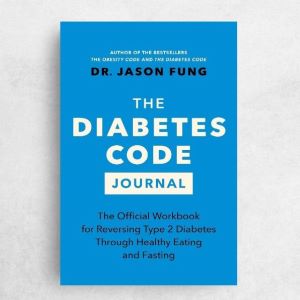
Responses